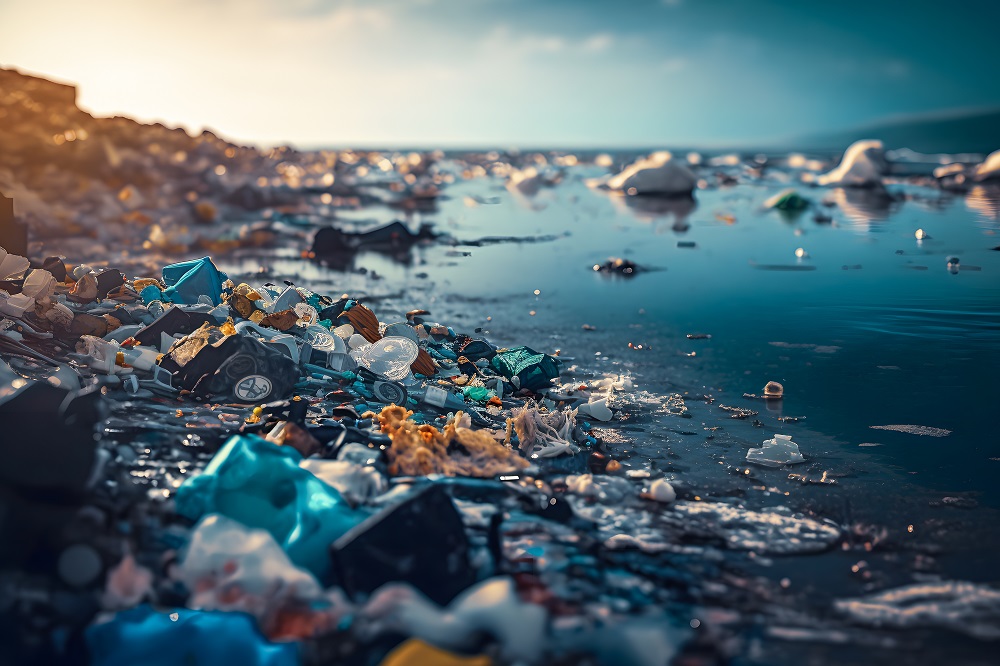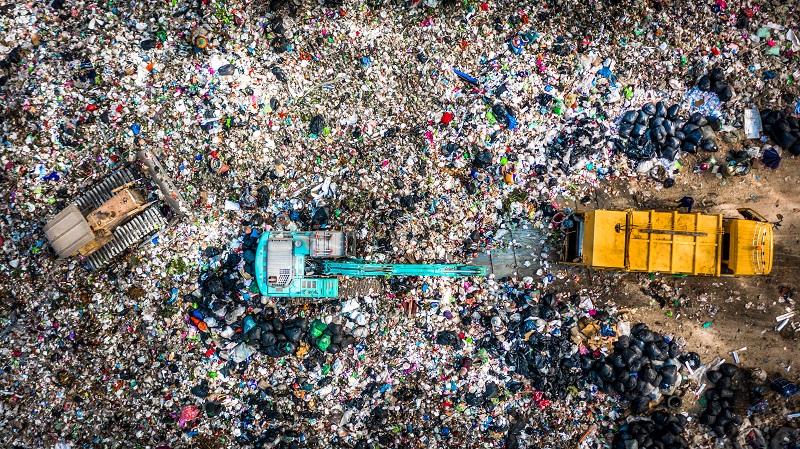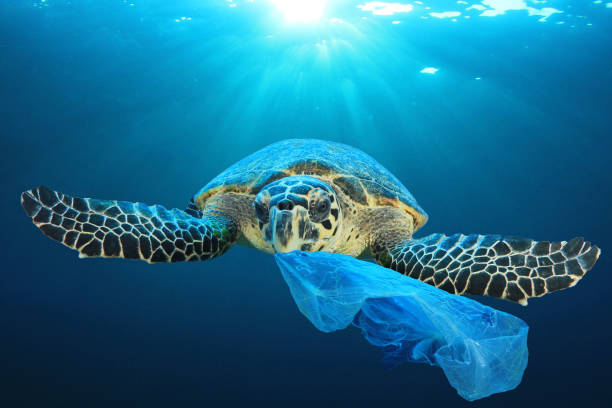

Back to Blue events
Other Ocean Events
Back to Blue will be participating in
the
following events:

GhanaTHE STRUGGLE FOR CIRCULARITY: GHANA EMBRACES ITS PLASTIC WASTE CHALLENGE
Aug 2021 | Reading time: 2mins
Evaluating effective management and sustainable use of plastics
Executive summary
The year 2020 aside, Ghana has been one of the world’s fastest growing economies in the past five years, with an ever-expanding population and rising levels of affluence, especially in its major cities. This growth has brought with it a scourge of modern development: surging levels of plastic waste.
Ghana’s population of 31m generates an estimated 1.1m tonnes of such waste each year. This might be manageable in a country with well-developed plastics management systems and infrastructure, but in Ghana these are lacking. According to available data, just under half of the plastic waste generated is collected, but only about 5% is recycled. The majority is mismanaged in one way or another, ending up in landfill, in coastal waters or burned.
To their credit, the country’s plastics management stakeholders—including central and municipal governments, large and small businesses, and non-governmental organisations (NGOs)—recognise the scale of the problem and are taking concerted action to address it. Their commitment helps to explain why Ghana is its region’s highest scoring country in the Plastics Management Index (PMI), ranking 15th of 25 countries overall. Among lower-middle income countries, Ghana ranks higher than all but Vietnam. (See this programme’s flagship report for a detailed discussion of the PMI’s global findings.)
The steps that Ghana’s stakeholders have taken thus far to tackle plastic waste are commendable. But the challenge of translating good intentions and policies into action—and ultimately reducing plastic leakage and creating greater circularity—is formidable. The government and other stakeholders must achieve a considerable amount of capacity-building and behaviour change before such outcomes become realistic.
Main Ghana findings of the Plastics Management Index
The PMI compares the efforts taken by 25 countries to manage their plastics lifecycle. The countries’ scores and ranks are based on performance in three categories of indicators: governance, systemic capacity and stakeholder engagement. Following are the index’s major findings for Ghana:
Plastics Management

Making the invisible visible
Reading time: 5mins
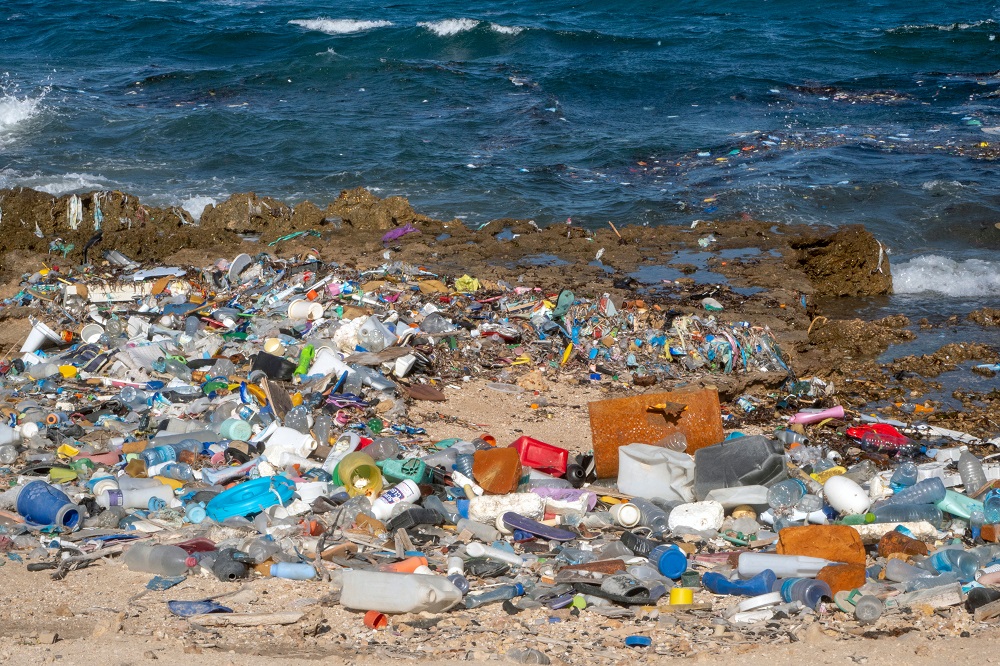
Plastics and health: the mounting evidence
Reading time: 5mins

Building up to Busan
Reading time: 6.5mins
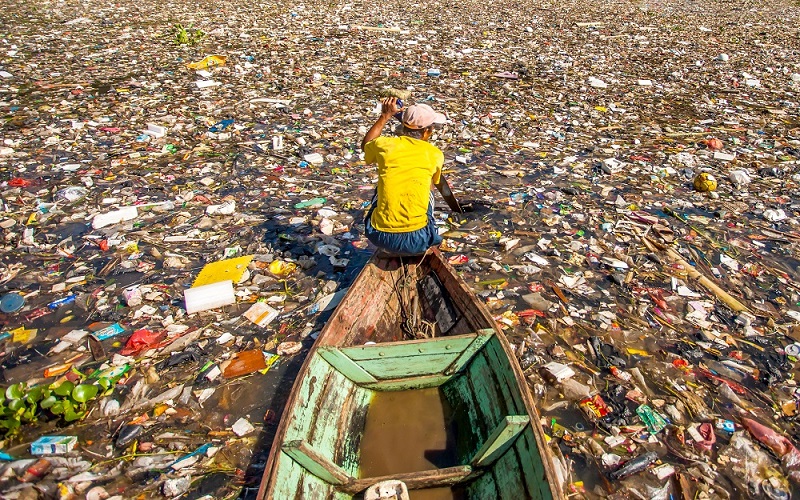
A ‘sea of brackets’: Back to Blue assesses the Ottawa INC
Reading time: 6mins

COP28: mainstreaming the ocean agenda
Reading time: 5mins

Plastic treaty negotiations produce new debates but few results
Reading time: 5mins
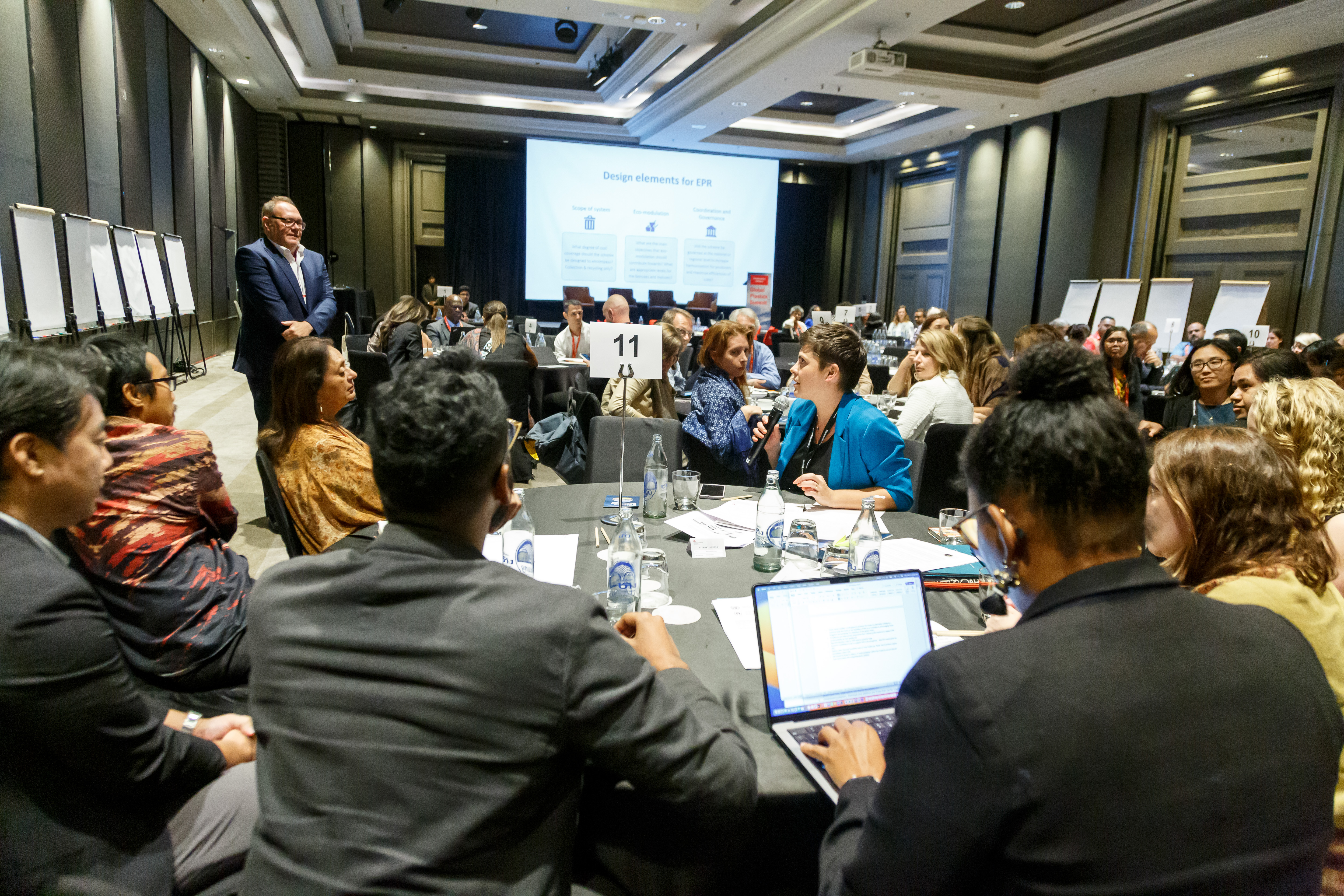
The Global Plastic Summit – sideline QA
Reading time: 6mins
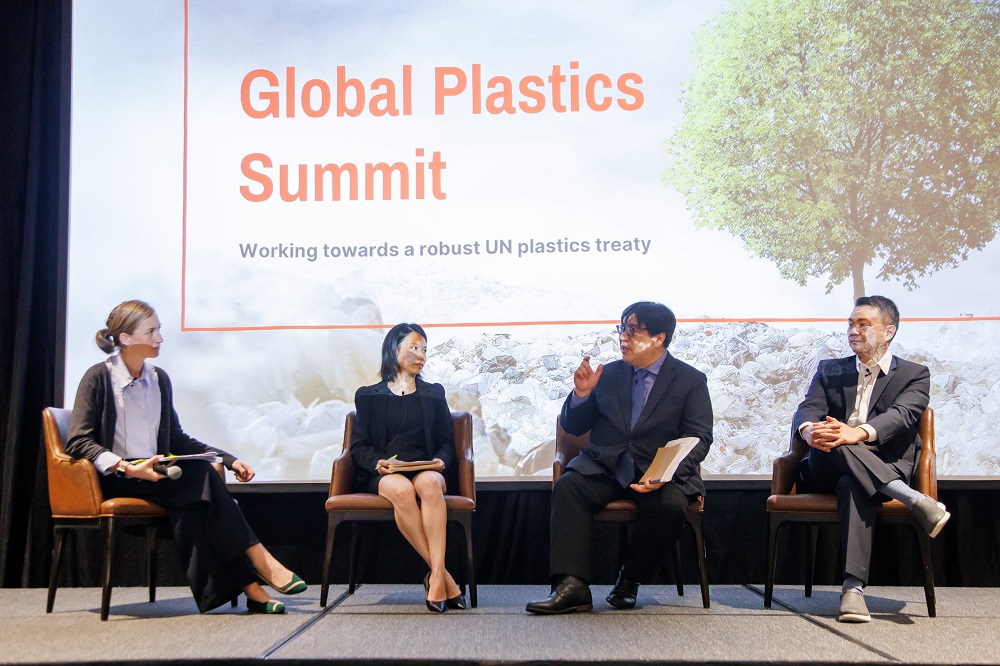
Small island developing states and plastics: roundtable and working group
Reading time: 4mins
videos
Back to Blue is an initiative of Economist Impact and The Nippon Foundation
Back to Blue explores evidence-based approaches and solutions to the pressing issues faced by the ocean, to restoring ocean health and promoting sustainability. Sign up to our monthly Back to Blue newsletter to keep updated with the latest news, research and events from Back to Blue and Economist Impact.
The Economist Group is a global organisation and operates a strict privacy policy around the world.
Please see our privacy policy here.
THANK YOU
Thank you for your interest in Back to Blue, please feel free to explore our content.
CONTACT THE BACK TO BLUE TEAM
If you would like to co-design the Back to Blue roadmap or have feedback on content, events, editorial or media-related feedback, please fill out the form below. Thank you.
The Economist Group is a global organisation and operates a strict privacy policy around the world.
Please see our privacy policy here.
Back to Blue is an initiative of Economist Impact and The Nippon Foundation, two organisations that share a common understanding of the need to improve evidence-based approaches and solutions to the pressing issues faced by the ocean, and to restoring ocean health and promoting sustainability


 World Ocean Summit & Expo
2025
World Ocean Summit & Expo
2025 UNOC
UNOC Sewage and wastewater pollution 101
Sewage and wastewater pollution 101 Slowing
the chemical tide: safeguarding human and ocean health amid
chemical pollution
Slowing
the chemical tide: safeguarding human and ocean health amid
chemical pollution Hazardous chemicals in plastics - the discussions at INC
Hazardous chemicals in plastics - the discussions at INC







